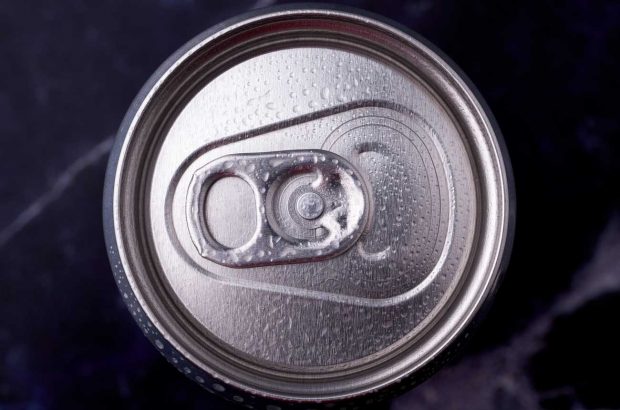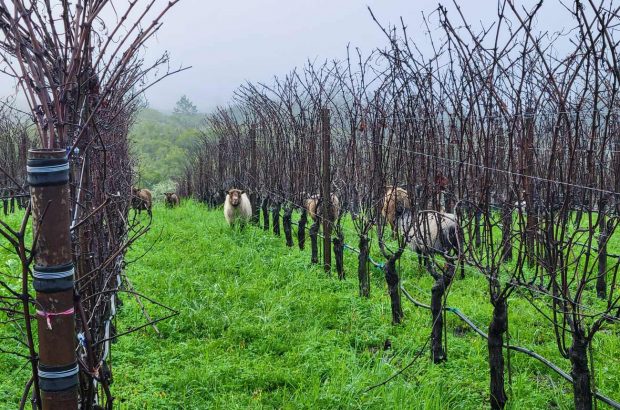If you choose to store your wine with an external company, it can be hard to choose between the different, reputable companies. Wine investment specialist Anthony Rose shares his key points to consider when deciding where to store your wine.
Where to store wine
Whether for future drinking or investment, commercial wine storage is hugely valuble for cellaring your wines.
The importance of good cellaring is not merely to keep your wines at the right temperature for slow development (a constant 13°C is ideal), properly humidified and free from potentially harmful light, vibration or flooding. With investment in mind, in-bond storage is advisable as it makes disposal easier in a global market, where being able to show good condition is paramount.
Many independent merchants offer good storage facilities at competitive prices, usually when you buy your wines from them. If they use the likes of Octavian themselves, it’s likely to be cheaper to store with the merchant rather than going direct to Octavian, whose benefits include optimum temperature, ultra-secure storage and a certificate of pristine storage.
When comparing facilities, bear in mind the importance of comprehensive, full market value insurance and the ability to trace provenance of each case with your name on the case to ensure ownership. Smith & Taylor offers a specific tailor-made service on the American locker model.
Storing wine at home? See Steven Spurrier’s video guide to storing wine.
Look out for the guide to cellaring in the November issue of Decanter, on sale 7th October.





